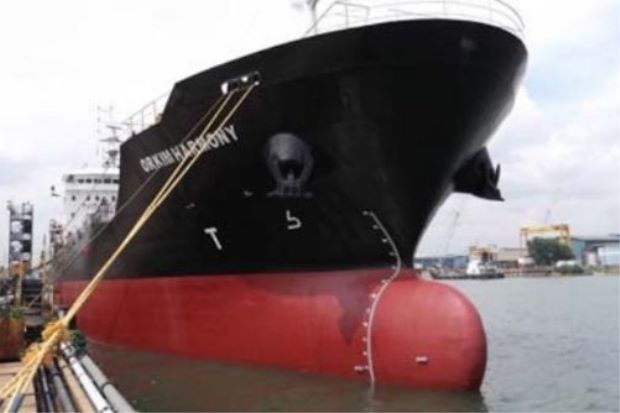Plot the 7 reclaimed structures and then place 200nm/370.4km rings around each.
This results in nearly blanket coverage of the entire SCS continental shelf "lobe" as seen in underwater topos. Some of the coverage extends almost to the Malay-Indo border, could encompass some Indonesian islands, extends right up to the coastline of much of Vietnam, and extends PAST the Philippines Island of Palawan, to it's east.
Include Scarborough and the Paracels and you get coverage from nearly Strait of Malacca to Okinawa.
Place various assets on each and then plotting defence rings of coastal, midrange and longrange, gives PLAN coverage of most of SE Asia and nearly all of Indonesia, depending on the asset.
I won't speculate why - trying to keep my nose clean with the mods.
Having grown up in Malaysia I have more that a passing interest in the recent events in the SCS. Having swam in the waters of the Straits of Malacca on many occasions I can assure you that being on the west coast of peninsula Malaysia puts in quite out of reach of the new islands. The SCS is not a strategic chokepoint like Gibraltar is - ie FON is not at risk.
Too many people have difficulty telling the difference between a lake and a parking lot on a simple map and this deficiency often shows up in geopolitical discussions as well.
I have always viewed development in a positive light - like that produced by the lighthouses that are being built on the these mini artificial islands. The positives are clear - safe harbor in these often stormy seas, anti-piracy support (big problem in the area) and safer navigation with the help of lighthouses (lots and lots of reefs). Trying to deduce anything more than with the information available is purely speculative.

